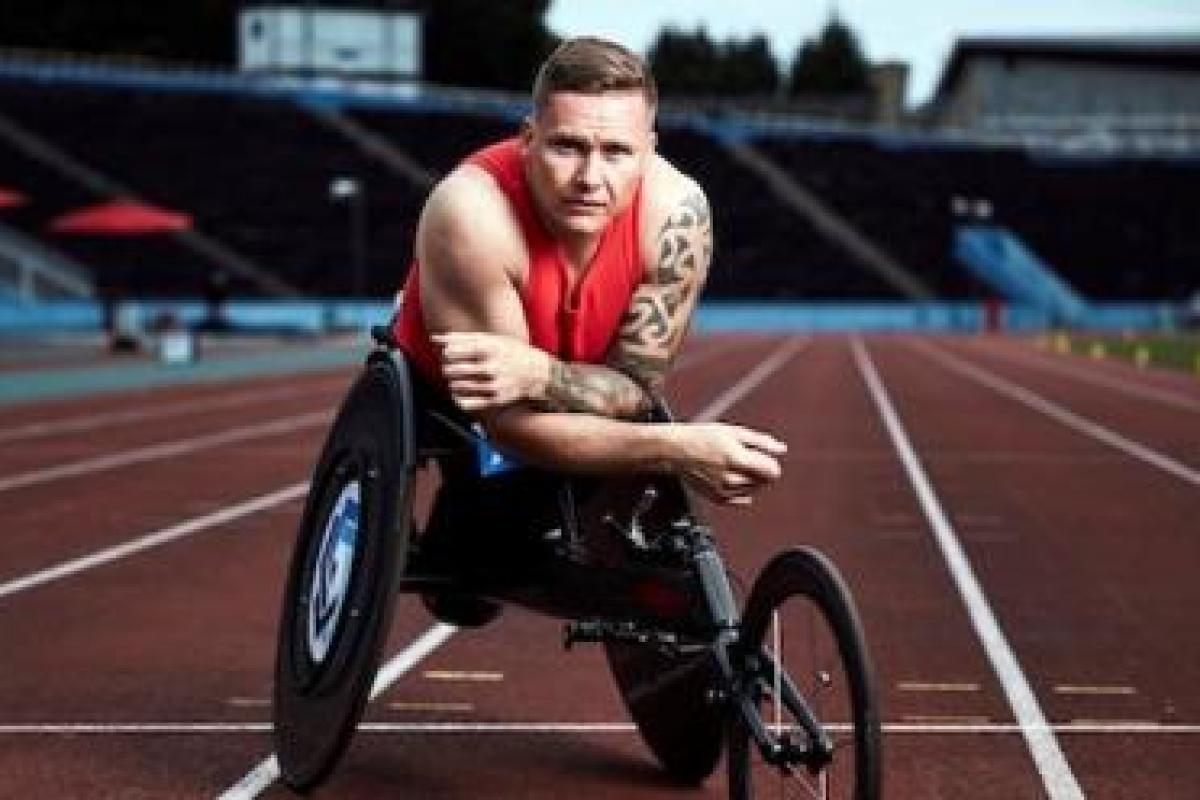Is it just me or has the highlight of Rio 2016 been the Paralympics? Or more specifically the reaction of the winning/losing Paralympians.
The sporting drama has been of the highest order but the reaction to those twin impostors of triumph and disaster has often been like a (good) Hollywood movie. I've only snacked on the coverage, but every time I’ve watched it's been like Chariots of Fire meets Long Lost Family. A window into the human spirit. The highs and the lows, and every emotion in between.
Watching the teenage swimmer Ellie Robinson swagger out in her oversized coat, hood up, for all the world looking like she was in a Beats commercial. The pre-race video of support from her 13-year-old classmates and her obvious 'is this really happening to me?' reaction when she won gold were an absolute joy to watch.
The table tennis player, Will Bayley, standing arms aloft on the top of the table after he’d clinched match point to win gold. Him hugging rather than remonstrating with the referee when given a yellow card for this unbridled show of emotion.
The blind cyclist, Lora Turnham, on the podium receiving her gold medal for guided cycling. Her face etched with emotion and streaked with tears of joy as she drank in every last sound of the moment as the national anthem and applause rang round the velodrome.
The enfant terrible of the London 2012 Paralympics, Jody Cundy, erasing the image of swearing at officials in 2012 by praising his incredibly humble teammates (an Army veteran who’d lost a limb in Iraq and an obviously elated but shy teenager with cerebral palsy) after they’d won a Cycling Team Pursuit gold. Standing there they were the absolute epitome of team players (remember them?)
And so much more relatable than the behaviour of most pampered, overpaid, media-trained-to-within-an-inch-of-their-lives, professional sportsmen and women. They’re polished, rarely put a foot wrong but frequently come across as sterile and boring. In contrast, the Paralympians come across as real people with real emotions and you feel you can relate to them. Super human indeed.
All of which offers a useful lesson for marketers. Most brands managed by professional marketing departments are media-trained-to-within-an-inch-of-their-lives. Their positioning, strategy and brand behaviour are subjected to endless scrutiny and debate, which means they’re often precise, single-minded but ultimately hard to connect with.
In contrast, a lot of the more charismatic brands of the 21st century - such as Dollar Shave Club, recently acquired by Unilever for $1bn - feel like they’re being piloted by real people not corporations, and are all the more likeable and relatable because of this.
